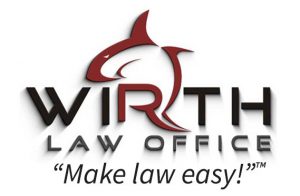**Do You Know How to Prove Domestic Violence?**
Domestic violence is a critical issue that requires careful attention. In this informative blog post, Aaron Grubb, a Tahlequah attorney at Wirth Law Office, discusses effective strategies for proving domestic violence in legal settings. He highlights the importance of documenting evidence, such as photographs and videos of incidents, which can significantly impact both family law and criminal cases. Furthermore, he emphasizes the need to communicate with trusted individuals about your situation to create witnesses who can support your claims. For those facing such challenges, Wirth Law Office is here to help navigate your legal options.







